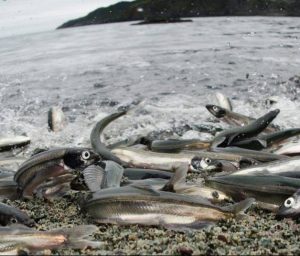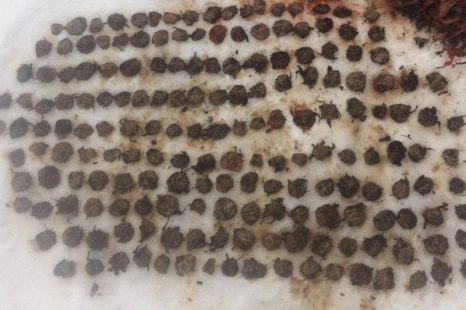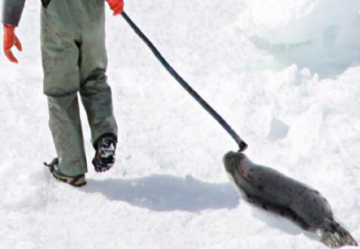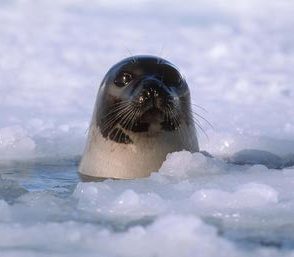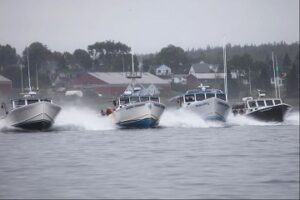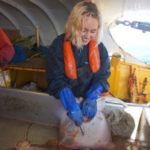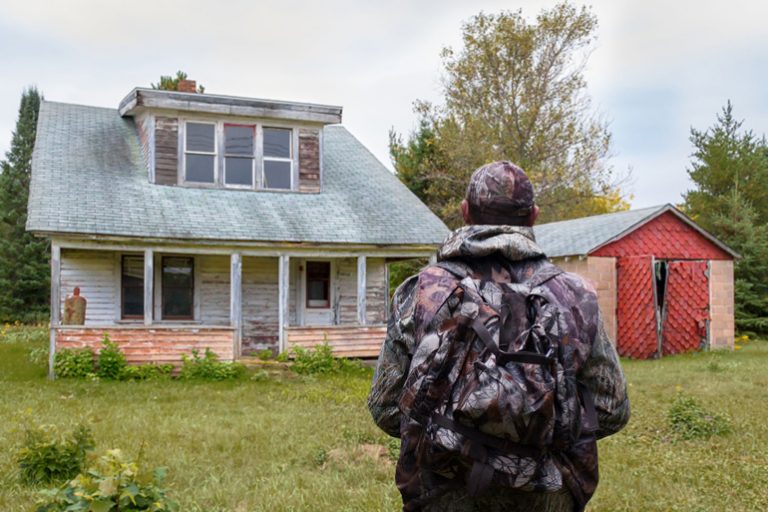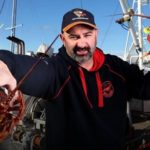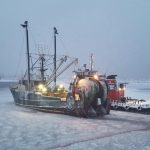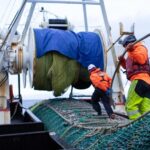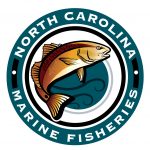Tag Archives: seal hunt
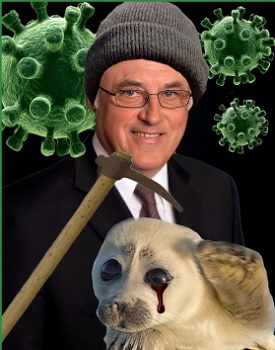
Ghost of seal hunt haunts Canadian trucker blockades over COVID-19 testing
Canadian cattle and pigs fed grain from the United States are going hungry. Some cattle and pigs en route from Canada to finishing and slaughter in the U.S. may be stuck aboard trucks. Behind the chaos lurks the ghosts of past political impasses over cod fishing quotas and the Atlantic Canadian seal hunt. What the long depleted Atlantic Canadian cod stocks and the nearly moribund seal hunt have to do with horn-honking truckers, cattle and pigs mooing and oinking with hunger pangs, and widespread public and political exasperation,,, You see where this is going, eh? >click to read< 19:36
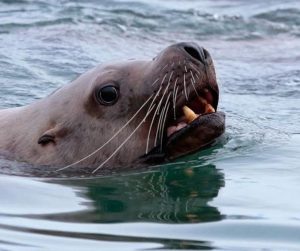
Seal hunt proponents hope new evidence sways skeptical fisheries officials
Three new studies being prepared for publication suggest that recovered populations of seals and sea lions in west coast waters could be having an outsized impact on the survival of the three most troubled Pacific salmon species — chinook, coho and sockeye. “Most of the drop in survival of chinook and coho in the Georgia Strait since the 1980s is likely due to seals eating juvenile fish during their first summer in the ocean,” said Carl Walters, a professor emeritus at UBC’s Institute for the Oceans and Fisheries. Estimates suggest that seals may be consuming about five million juvenile coho each year, or about half of the juveniles that enter the area from streams and rivers. Up to 15 million chinook juveniles meet the same fate, about one third of that population. >click to read< 09:21
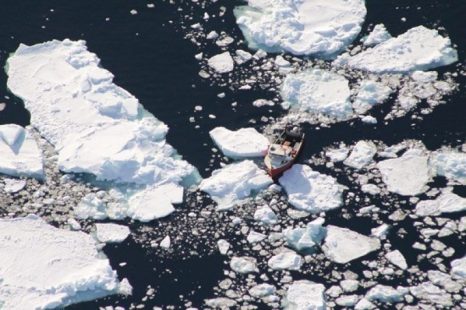
The hunt Canada loves: Why seal clubbing will never die (It’s more humane than most opponents think)
It’s sealing season once again in Canada. This means that, once again, activists are out in strength to decry Canadians as baby-killers and, in some cases, ISIS. And on Tuesday, Canada’s strained relationship with India got just a bit worse when India banned the import of seal skins (although, for obvious reasons, they were never a major seal skin market). Below, a quick guide to the one of the world’s most embattled hunts. What’s true, what’s a myth and why Canadians will never, ever stop doing this. >click to read<09:18
Seal hunt provokes fury from activists
 Humane Society International strongly condemned Canada’s annual Atlantic seal hunt as “absolutely devastating” just hours after it began Tuesday morning. While the federal government says that strict protocols are followed when authorizing commercial seal hunts, HSI Canada says seals are dragged onto boats and clubbed to death after being impaled on metal hooks, while others die painfully after being shot. “Most adult people can’t bear to watch it on video,” said Rebecca Aldworth, HSI Canada’s executive director. Her organization says that Justin Trudeau’s government, by permitting commercial seal hunts to proceed, is “completely out of step with Canadian values and the international community.” But Adam Burns of the Department of Fisheries and Oceans said the seal hunt “provides really important economic activity” to Atlantic Canadian coastal communities. click to read the story 14:53
Humane Society International strongly condemned Canada’s annual Atlantic seal hunt as “absolutely devastating” just hours after it began Tuesday morning. While the federal government says that strict protocols are followed when authorizing commercial seal hunts, HSI Canada says seals are dragged onto boats and clubbed to death after being impaled on metal hooks, while others die painfully after being shot. “Most adult people can’t bear to watch it on video,” said Rebecca Aldworth, HSI Canada’s executive director. Her organization says that Justin Trudeau’s government, by permitting commercial seal hunts to proceed, is “completely out of step with Canadian values and the international community.” But Adam Burns of the Department of Fisheries and Oceans said the seal hunt “provides really important economic activity” to Atlantic Canadian coastal communities. click to read the story 14:53
The production value of Newfoundland and Labrador’s seafood industry reached another record high in 2016.
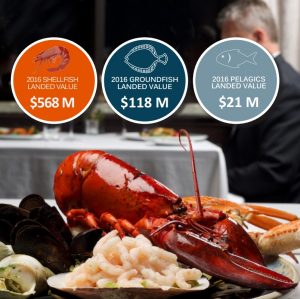 It totalled over $1.4 billion last year, an increase of 8.9 per cent over 2015. Fisheries and Land Resources Minister Steve Crocker announced the release of the 2016 Seafood Industry Year in Review today in the House of Assembly, ahead of his trip to Boston with Premier Dwight Ball for Seafood Expo North America 2017 on Sunday. “We will be accompanying our world-class seafood marketing team and the Newfoundland and Labrador delegation to join the 1,200 companies, and over 21,000 buyers, suppliers, media and other seafood professionals at North America’s largest seafood trade event,” Crocker said. Other highlights of the report include: aquaculture production, employment, value of landings, shellfish, lobster, groundfish, seal hunt, Read the article here, and click here for the full report 08:56
It totalled over $1.4 billion last year, an increase of 8.9 per cent over 2015. Fisheries and Land Resources Minister Steve Crocker announced the release of the 2016 Seafood Industry Year in Review today in the House of Assembly, ahead of his trip to Boston with Premier Dwight Ball for Seafood Expo North America 2017 on Sunday. “We will be accompanying our world-class seafood marketing team and the Newfoundland and Labrador delegation to join the 1,200 companies, and over 21,000 buyers, suppliers, media and other seafood professionals at North America’s largest seafood trade event,” Crocker said. Other highlights of the report include: aquaculture production, employment, value of landings, shellfish, lobster, groundfish, seal hunt, Read the article here, and click here for the full report 08:56
New money for Quebec seal hunt – UPEI researcher to study commercial potential of grey seals in Magdalen Islands
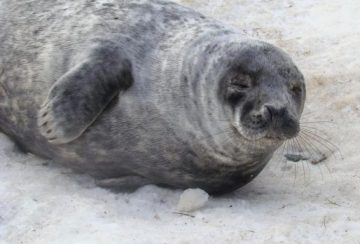 After rejecting a scientific study that involved culling 1,200 grey seals from the Brion Island nature reserve in the Magdalen Islands, the province is helping to finance similar research nearby. The $72,904 in funding will allow a University of Prince Edward Island researcher to study an unspecified number of grey seals harvested on Corps Mort, or Dead Man’s Island, a few kilometres west of the Magdalen Islands archipelago. Wildlife veterinarian and pathologist Pierre-Yves Daoust is pleased the Quebec government decided to support an alternative proposal. Some opponents of the seal hunt are appalled by the decision. “We are deeply disappointed to see this so-called study funded,” said (panhandler) Rebecca Aldworth, executive director of Humane Society International – Canada, calling the study a make-work project for the commercial sealing industry. Read the story here 19:28
After rejecting a scientific study that involved culling 1,200 grey seals from the Brion Island nature reserve in the Magdalen Islands, the province is helping to finance similar research nearby. The $72,904 in funding will allow a University of Prince Edward Island researcher to study an unspecified number of grey seals harvested on Corps Mort, or Dead Man’s Island, a few kilometres west of the Magdalen Islands archipelago. Wildlife veterinarian and pathologist Pierre-Yves Daoust is pleased the Quebec government decided to support an alternative proposal. Some opponents of the seal hunt are appalled by the decision. “We are deeply disappointed to see this so-called study funded,” said (panhandler) Rebecca Aldworth, executive director of Humane Society International – Canada, calling the study a make-work project for the commercial sealing industry. Read the story here 19:28
Seal flippers sell out amid tight supply
 A company that has made tradition of selling seal flippers by the St. John’s waterfront wrapped up this year’s activity in no time at all. “Sales were really good [but] It was too short,” said Heidi Reid, who directs sales for Taylor’s Fish, Fruit and Vegetable Market. The seal hunt was largely a bust this year, with many fishermen staying ashore over depressed international markets. About 30,000 seals were expected to be killed in this year’s hunt off Newfoundland. The total allowable catch for eastern Canada is set at 400,000. Read the rest here 09:15
A company that has made tradition of selling seal flippers by the St. John’s waterfront wrapped up this year’s activity in no time at all. “Sales were really good [but] It was too short,” said Heidi Reid, who directs sales for Taylor’s Fish, Fruit and Vegetable Market. The seal hunt was largely a bust this year, with many fishermen staying ashore over depressed international markets. About 30,000 seals were expected to be killed in this year’s hunt off Newfoundland. The total allowable catch for eastern Canada is set at 400,000. Read the rest here 09:15
Seal hunt inhumane? How about a bullfight? – The hypocrisy of the European Union’s ban on Canadian seal products
 The European Union, as you’re probably aware, bans all seal products from Canada. Last year, the European Unionappeals process upheld an earlier ruling that the EU’s seal regime is “necessary to protect public morals.” There are exceptions for European travellers who buy seal products in other countries, but I didn’t want to take a chance. The ban has always seemed to me to be a hypocritical policy, but never more so, than after an unforgettable day in Madrid — a bullfight at Las Ventas Bullring. Video, Read the rest here 09:40
The European Union, as you’re probably aware, bans all seal products from Canada. Last year, the European Unionappeals process upheld an earlier ruling that the EU’s seal regime is “necessary to protect public morals.” There are exceptions for European travellers who buy seal products in other countries, but I didn’t want to take a chance. The ban has always seemed to me to be a hypocritical policy, but never more so, than after an unforgettable day in Madrid — a bullfight at Las Ventas Bullring. Video, Read the rest here 09:40
N.L. pledges $2M to seal hunt
 The government of Newfoundland and Labrador pledged $2 million Wednesday to support the seal hunt this year – a move animal welfare advocates called a “bailout.” Two processing plants, Carino Processing Ltd. in South Dildo and . in Fleur de Lys, will each receive a loan of up to $1 million toward the purchase of seal meat, pelts and fat from the 2015 harvest. “These loans will help to ensure income for sealers and processing workers throughout the province and support the long-term viability of fish stocks off our shores,” Read the rest here 07:47
The government of Newfoundland and Labrador pledged $2 million Wednesday to support the seal hunt this year – a move animal welfare advocates called a “bailout.” Two processing plants, Carino Processing Ltd. in South Dildo and . in Fleur de Lys, will each receive a loan of up to $1 million toward the purchase of seal meat, pelts and fat from the 2015 harvest. “These loans will help to ensure income for sealers and processing workers throughout the province and support the long-term viability of fish stocks off our shores,” Read the rest here 07:47
The Only People Making Money Off the Seal Hunt Are Anti-Sealing Campaigners – Terry Audla
 I understand that PETA brings in about $30 million annually, the Humane Society of the U.S. collects more than $100 million and their executives make six-figure salaries. They and other groups like the International Fund for Animal Welfare are clamouring for this easy target. Who could blame them? After all, it is good money in a competitive charitable market. huffpo Read more here 17:29
I understand that PETA brings in about $30 million annually, the Humane Society of the U.S. collects more than $100 million and their executives make six-figure salaries. They and other groups like the International Fund for Animal Welfare are clamouring for this easy target. Who could blame them? After all, it is good money in a competitive charitable market. huffpo Read more here 17:29
Morrissey compares seal hunt to Nazi death camps – Shea thumps him, “millionaire celebrity (who is) desperate for a hobby”
 Pop star Morrissey has stepped up his feud with Canadian politician Gail Shea, branding her a “disreputable thug” for supporting the country’s seal fur trade. The tit-for-tat bust-up shows no signs of abating – Shea has since issued another statement, via Canada.com, in which she says, “Mr Morrissey and his Hollywood buddies have been brainwashed by decades of propaganda from fringe animal rights groups and radical environmentalists.” Read more here 16:26
Pop star Morrissey has stepped up his feud with Canadian politician Gail Shea, branding her a “disreputable thug” for supporting the country’s seal fur trade. The tit-for-tat bust-up shows no signs of abating – Shea has since issued another statement, via Canada.com, in which she says, “Mr Morrissey and his Hollywood buddies have been brainwashed by decades of propaganda from fringe animal rights groups and radical environmentalists.” Read more here 16:26
Actor Rhys Ifans brands seal hunt ‘inhumane’
 The Amazing Spider-Man branded the killing of the marine mammals for their skins as “an off-season cash grab” for the Canadian fishing industry in a letter urging the Appellate Body of World Trade Organisation (WTO) to maintain the organisation’s decision to uphold the European Union’s ban against the practice ahead of their meeting in Geneva on March 17. Read more here timeslive 09:07
The Amazing Spider-Man branded the killing of the marine mammals for their skins as “an off-season cash grab” for the Canadian fishing industry in a letter urging the Appellate Body of World Trade Organisation (WTO) to maintain the organisation’s decision to uphold the European Union’s ban against the practice ahead of their meeting in Geneva on March 17. Read more here timeslive 09:07
Support the Seal Hunt. Boycott The Ellen Degeneres Show – Petition published by Robert Byrne

![]() Petition Background (Preamble): Ellen Degeneres’ campaign of misinformation against the seal hunt has gone to new lengths with the famous oscar selfie, raising $1.5 million dollars to the HSA to further propagate lies and misinformation about the Canadian seal hunt. Sign the petition here Some back ground of Ellen’s efforts from Newfoundlander Christopher Mitchelmore here 21:48
Petition Background (Preamble): Ellen Degeneres’ campaign of misinformation against the seal hunt has gone to new lengths with the famous oscar selfie, raising $1.5 million dollars to the HSA to further propagate lies and misinformation about the Canadian seal hunt. Sign the petition here Some back ground of Ellen’s efforts from Newfoundlander Christopher Mitchelmore here 21:48
Newfoundland Seal hunt described as best in years – Eco Based Management anyone?
 This year’s commercial seal hunt off Newfoundland is being called a success despite relatively low yields, ongoing protest by animal welfare groups and international product bans. Rebecca Aldworth, executive director of Humane Society International Canada, “The sealing industry has become nothing more than a glorified welfare program.” continued
This year’s commercial seal hunt off Newfoundland is being called a success despite relatively low yields, ongoing protest by animal welfare groups and international product bans. Rebecca Aldworth, executive director of Humane Society International Canada, “The sealing industry has become nothing more than a glorified welfare program.” continued
Seal hunt off Newfoundland called best in years as protesters push for its end
Canadian Press – Frank Pinhorn, executive director of the Canadian Sealers Association, says about 91,000 harp seals were landed this spring. That’s far short of the federal quota of 400,000 but an increase over 69,000 last year and 38,000 in 2011. Pinhorn says the price for the best pelts was also up to about $35 from $28 last year. “This was probably the best year we’ve had since maybe 2008-09,” he said in an interview. “The seals were of good quality, and they’re all following the regulations in terms of harvesting — humane harvest and quality harvesting,” he said of sealers. continued
Ground fish – Explaining the markets – The Fisheries Broadcast with John Furlong
 An experienced fish plant operator explains the glut of cod on the world market, why the bottom has dropped out of our salt-fish markets and why it makes it so tough for us. An interview with Kevin Wadman in Arnold’s Cove, and a veteran voice on the seal hunt on where we go from here. continued
An experienced fish plant operator explains the glut of cod on the world market, why the bottom has dropped out of our salt-fish markets and why it makes it so tough for us. An interview with Kevin Wadman in Arnold’s Cove, and a veteran voice on the seal hunt on where we go from here. continued
Newfoundland government gives another loan to seal processing plant
![]() DILDO, N.L. – A seal processing plant in Newfoundland will get a $3.6 million loan from the provincial government this year. continue reading
DILDO, N.L. – A seal processing plant in Newfoundland will get a $3.6 million loan from the provincial government this year. continue reading
Anti-seal hunt group to stay off ice this year
 For the first time in almost 20 years, the International Fund for Animal Welfare (IFAW) won’t be sending a team of observers out on the Atlantic sea ice during the spring seal hunt. Fisheries Minister Keith Ashfield declined an interview request and his office did not address specific questions about the IFAW’s decision to skip this year’s hunt.Instead, after several hours, Ashfield’s office said in an email that the government “supports the sustainable and well-managed seal harvest, which continues to be an economic and cultural activity in Atlantic Canada, Quebec and the Arctic.” continue reading
For the first time in almost 20 years, the International Fund for Animal Welfare (IFAW) won’t be sending a team of observers out on the Atlantic sea ice during the spring seal hunt. Fisheries Minister Keith Ashfield declined an interview request and his office did not address specific questions about the IFAW’s decision to skip this year’s hunt.Instead, after several hours, Ashfield’s office said in an email that the government “supports the sustainable and well-managed seal harvest, which continues to be an economic and cultural activity in Atlantic Canada, Quebec and the Arctic.” continue reading






